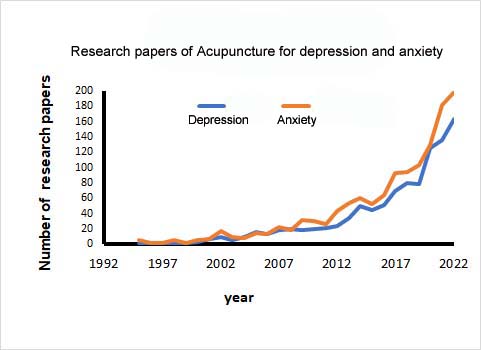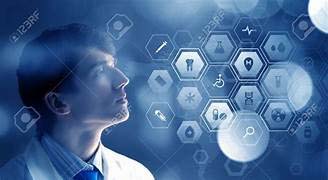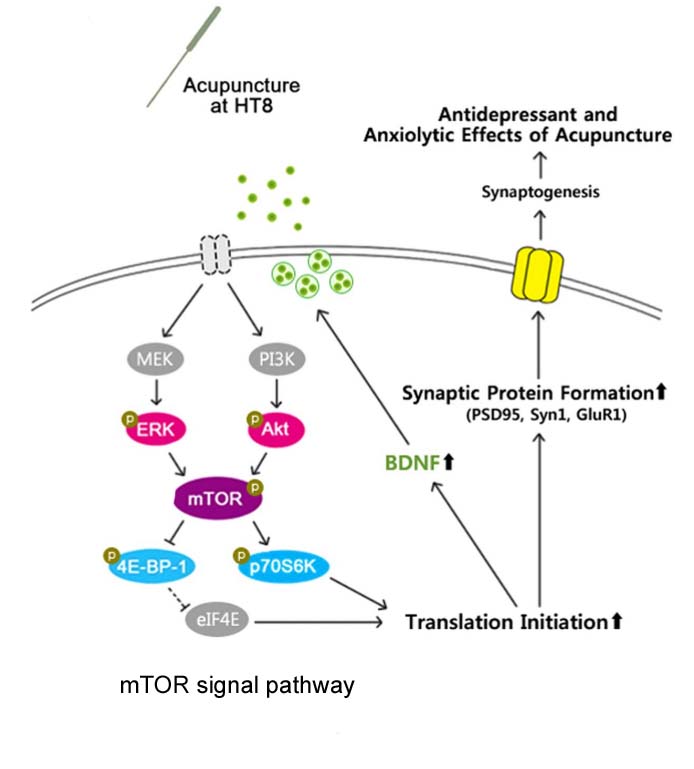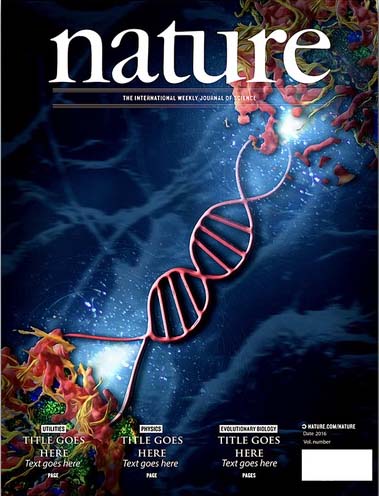
Acupuncture for depression and anxiety
Acupuncture , a traditional Chinese medical practice, has being used to treat depression and anxiety in clinic. During recent 10 years, number of research papers for effect of acupuncture on depression and anxiety were increased by 6 folds (Figure 1). Those research works provide scientific evidences that acupuncture has positive effects on depression and anxiety.


Many studies have indicated that acupuncture may have a modest beneficial effect in reducing the symptoms of these conditions. It is believed that acupuncture may help by stimulating the release of endorphins, which are natural pain-relieving and mood-enhancing chemicals in the brain. Additionally, acupuncture may help regulate certain neurotransmitters and hormones that play a role in mood regulation.For example, a systematic review analyzed 207 clinical studies in which acupuncture was used to treat depression. This study included twenty RCTs of major depressive disorder (MDD, n = 1998) and 15 RCTs of post-stroke depression (PSD, n = 1680) for meta-analysis. The researchers concluded that acupuncture therapy is safe and effective for the treatment of MDD and PSD, and could be considered an alternative option for the treatment of both disorders.
Recent research published in Nature found that acupuncture can significantly alleviated both depression- and anxiety-like behaviors by regulating protein translation in the mTOR signaling pathway. Depression is thought impair in synapse of nerve cells. The damaged synapses are usually accompanied by loss of synaptic proteins which are impotent to perform nerve cell functions. Acupuncture enhances the activations of synaptic proteins, PSD95, Syn1, and GluR1 in the hippocampus to This research also found that acupuncture activates nerve cell secreting BDNF. BDNF, which is an important growth factor involved in the hypothalamic-pituitary-adrenal (HPA) axis, regulate the body’s stress response and modulate the release of stress hormones like cortisol to influence mood and anxiety levels.


Acupuncture has been practiced in the United States for several decades as a complementary therapy for various conditions, including depression, anxiety, and addiction. Our clinic offers acupuncture services for depression, anxiety and addiction. If you are interested in learning more information, please feel free to contact us at any time.
References
- Karen Pilkington, Anxiety, depression and acupuncture: A review of the clinical research, Autonomic Neuroscience: Basic and Clinical, 2010, 157: 91–95, PubMed
- Diogo Amorim, Jose Amado, Irma Brito, Sonia M. Fiuza, Nicole Amorim, Cristina Costeira, Jorge Machado, Acupuncture and electroacupuncture for anxiety disorders: A systematic review of the clinical research, Complementary Therapies in Clinical Practice 2018, 31:31-37 PubMed
- Kenji Kawakita, Kaoru Okada, Acupuncture therapy: mechanism of action, efficacy, and safety: a potential intervention for psychogenic disorders? BioPsychoSocial Medicine 2014, 8:4-7 PubMed
- David P. Sniezek, Imran J. Siddiqui, Acupuncture for Treating Anxiety and Depression in Women: A Clinical Systematic Review, MEDICAL ACUPUNCTURE, 2013, 25(3): 164-172 PubMed
- Na Yue, Bing Li, Liu Yang, Qiu-Qin Han, Hui-Jie Huang, Ya-Lin Wang, Jing Wang, Rui Yu, Gen-Cheng Wu, Qiong Liu and Jin Yu, Electro-Acupuncture Alleviates Chronic Unpredictable Stress-Induced Depressive- and Anxiety-Like Behavior and Hippocampal Neuroinflammation in Rat Model of Depression, Frontiers in Molecular Neuroscience 2018, 11:1-13 PubMed
- Ju-YoungOh, Yu-Kang Kim, Seung-Nam Kim, Bombi Lee, Jae-Hwan Jang, Sunoh Kwon, Hi-Joon Park, Acupuncture modulates stress response by the mTOR signaling pathway in a rat post-traumatic stress disorder model, Nature, 2018, 8:11864, PubMed
- Junmei Wu, MD, Albert S Yeung, Rosa Schnyer, Yunfei Wang, MBA, David Mischoulon, Acupuncture for Depression: A Review of Clinical Applications, CanJPsychiatry 2012, 57(7):397–405 PubMed
